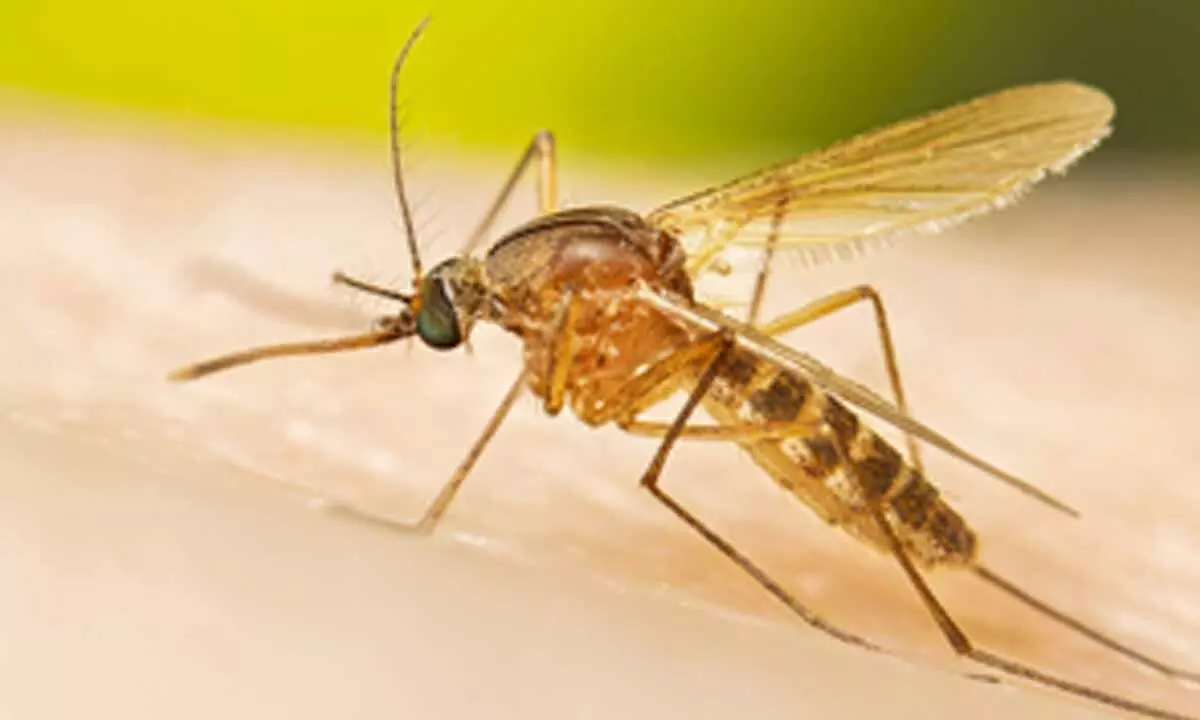Know what is West Nile fever spreading in Kerala

West Nile fever has raised fresh concerns in Kerala after more than five confirmed cases of the zoonotic disease were reported from three districts -- Thrissur, Malappuram, and Kozhikode -- in the state.
New Delhi: West Nile fever has raised fresh concerns in Kerala after more than five confirmed cases of the zoonotic disease were reported from three districts -- Thrissur, Malappuram, and Kozhikode -- in the state.
West Nile fever is a zoonotic disease transmitted through the bite of an infected mosquito, which acquires the virus from infected birds.
In a statement, Kerala Health Minister Veena George confirmed that cases of viral infection have been reported in the state and that all the districts have been asked to be vigilant.
She requested anyone showing signs of fever or other symptoms of the West Nile infection to seek treatment immediately.
First detected in Kerala in 2011, the disease claimed the lives of a six-year-old boy in 2019 and a 47-year-old man in 2022.
While a majority of people do not develop symptoms from the disease, some may experience mild symptoms such as fever, headache, body aches, or sore throats in some cases.
However, in some cases, it can turn fatal with severe complications such as encephalitis (inflammation of the brain) and meningitis, which can be fatal.
"Rarely, West Nile fever can also lead to myocarditis (inflammation of the heart) and pancreatitis (inflammation of the pancreas). Elderly individuals and those with compromised immune systems are at higher risk of experiencing severe manifestations," Dr Sanjith Saseedharan, Consultant and Director of Critical Care, SL Raheja Hospital, Mahim-A Fortis Associate, told IANS.
"This mosquito-borne zoonotic disease can also be transmitted rarely through infected blood, breast milk from infected mothers, and via transmission from an infected donor during organ transplantation," he added.
Dr. Chinnadurai R, Lead Consultant - Critical Care, Aster RV Hospital, Bengaluru, told IANS that West Nile virus activity typically occurs during the summer months and into the fall.
Though not common in India, cases have been reported sporadically in some regions, although they are relatively rare compared to other mosquito-borne diseases such as dengue, malaria, and chikungunya.
The virus can be tested via a blood sample.
In mild cases, the symptoms usually last for 3 to 6 days, and one can recover at home. In severe cases, it can last for weeks or months, Dr. Chinnadurai said.
"Treatment primarily focuses on alleviating symptoms, as there are currently no specific antiviral medications available to treat the infection. Supportive care, including rest, hydration, and pain management, is typically recommended for individuals with mild to moderate symptoms," he added.
The doctors recommended using insect repellents, wearing long-sleeved shirts and pants, treating clothing and gear, and taking steps to control mosquitoes indoors and outdoors.











